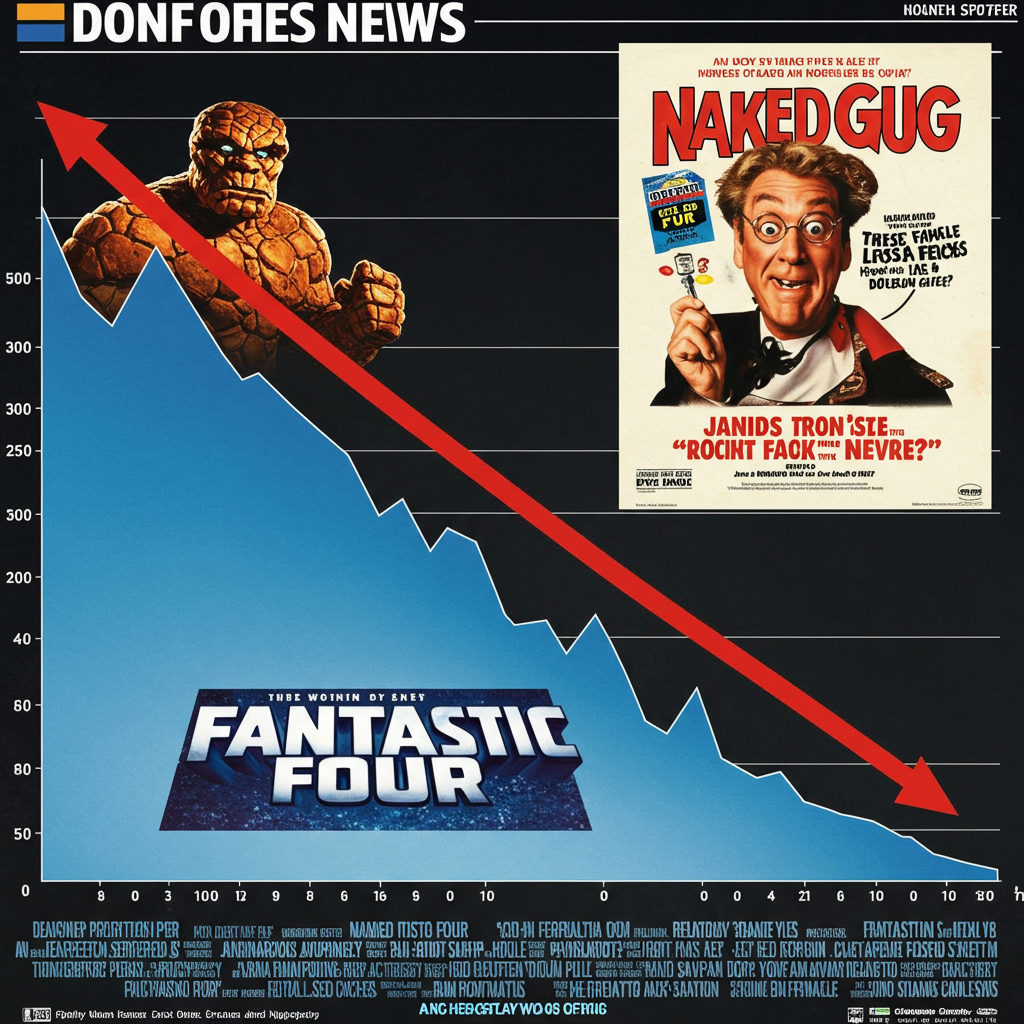Remembering Alfred Brendel: A Master of Piano and Intellect
Alfred Brendel, the esteemed Austrian pianist celebrated globally for his intellectual approach and distinctive wit, has died. A statement from his representative confirmed that Brendel passed away peacefully at his home in London on Tuesday morning, June 17, 2025, at the age of 94, surrounded by his family.
Hailed as “one of the defining performers of our age” by The Boston Globe, Brendel was known for fusing sharp intelligence with profound musical clarity. While perhaps less overtly flashy or passionate than some contemporaries, his meticulous and cerebral style garnered legions of dedicated admirers throughout his long career. He was truly a “musician’s musician,” respected for his deep analytical engagement with the classical repertoire.
An Atypical Path to the Pinnacle
Brendel’s journey to becoming a world-renowned pianist was notably unconventional, even a source of bewilderment for the artist himself. As he once confessed to filmmaker Mark Kidel, his career felt “atypical.” He was not a child prodigy, his parents were not musicians, and music was not a central part of his childhood home. Despite possessing a good memory, he didn’t consider it phenomenal, nor was he particularly strong at sight-reading. He found the explanation for his success elusive.
Born on January 5, 1931, in Wiesenberg (now in the Czech Republic), Brendel experienced a peripatetic childhood, moving frequently with his family. While he received some formal training, including a few years at the conservatory in Graz, Austria, he was largely self-taught, forging his own unique path in musical interpretation. His international prominence significantly grew following a key appearance in London in the 1970s.
The Cerebral Sound: Clarity and Depth
Brendel’s playing was widely praised for its lucidity and intellectual depth. While some listeners and critics, like Pulitzer Prize-winning music critic Tim Page, occasionally found his style perceived as dry or overly scholastic, many others revered him as possessing a “first-class musical brain” dedicated to uncovering the intricate structures and emotional core of the great classical works. He prioritized clarity and rigorous analysis in his performances.
His repertoire focused on a select group of composers, most notably Beethoven, Mozart, and Liszt. Brendel dedicated significant portions of his career to these masters, achieving a monumental feat by becoming the first pianist to record the complete cycle of Beethoven’s 32 piano sonatas three times. This dedication stemmed from a belief that musicians should “keep in touch with those pieces which are really worth playing and live with them through a lifetime,” rather than treating them as temporary projects.
Performing Mozart, in particular, presented a unique challenge, Brendel noted. The relatively sparse texture of the sonatas means “every single one of these notes lays bare,” requiring a delicate and precise balance between poise and a seemingly effortless delivery.
Beyond the Keyboard: Wit and Intellect
Brendel’s intellectual pursuits extended well beyond the piano. He was a published author of volumes of poetry and essays on music, reflecting his broad artistic and intellectual interests. His renowned wit was evident in the title of a 1984 Cambridge lecture: “Does Classical Music Have to Be Entirely Serious?” His personality also encompassed a fondness for Dadaist art and collecting kitsch objects, revealing a playful side to his otherwise serious artistic persona.
Just weeks before his 78th birthday in 2008, Brendel retired from public performance. He gave his final concert at the prestigious gilded Musikverein in Vienna, performing a Mozart piano concerto and a solo piece by Liszt, two composers central to his life’s work. Although he stepped away from the concert stage, Brendel remained active for many years, continuing to write, paint, and lecture, sharing his insights and passion for the arts.
Alfred Brendel leaves behind a legacy as one of classical music’s most thoughtful and influential interpreters, whose unique blend of intellectual rigor, clarity, and subtle wit enriched the lives of countless listeners.


